Sorry, this entry is only available in Deutsch.
Die 4. Ausgabe des skandinavischen Filmfestivals bringt wieder neue Filme aus Island, Dänemark, Schweden, Finnland und Norwegen.
Alle Filme im original mit deutschen Untertiteln.
Yarden / The Yard Der Journalist und alleinerziehende Vater Anders verliert seine Arbeit, nachdem er eine Rezension seines eigenen Buches veröffentlicht hat. Um Arbeitslosigkeit zu vermeiden, nimmt er eine Stelle bei Yarden, der Verladestation für PKWs im Hafen von Malmö, an. Beim dem Job wird seine Identität auf eine fünfstellige Nummer reduziert. Und die Beziehung zu seinem pubertären Sohn wird durch den neuen Job auch nicht einfacher.
Schweden/D 2016, 80 min, schwed. OmU, Regie: Måns Månsson
Fantasten Claus führt ein Doppelleben. Am Tag verkauft er erfolgreich Autos in der Kopenhagener Innenstadt, gibt sich als smarter Geschäftsmann, in der Nacht wird er zum leidenschaftlichen Spieler am Poker- oder Roulette-Tisch. Als Claus in erhebliche Spielschulden gerät, hat sein 19-jähriger Sohn Silas plötzlich eine Gruppe krimineller gewalttätiger Männer am Hals. Claus muß sein eigenes Leben aufs Spiel zu setzen, um seinen Sohn zu retten.
Dänemark 2017, 97 min., dän. OmU Regie: Christian Dyekjær
Viraali / Virality Das große Spiel mit dem Bitcoin-Hype bringt vier Charaktere im modernen Helsinki auf unterschiedlichste Weise zusammen. Ein Polizist mit großem Interesse an einer aufstrebenden Cellistin, ein intelligenter Hacker, ein junger erfolgssüchtiger Rapper und ein geschiedener Bankkaufmann werden dabei Teil einer spannungsgeladenen Kriminalgeschichte.
Finnland 2017, 110 Min., finn. OmU, Regie: Thomas Laine
Hoggeren / The Tree Feller Den 39-jährigen Anders zieht es weg vom gewöhnlichen Großstadtleben – zurück auf Land, zurück zur Farm seiner verstorbenen Eltern. Sein einziger Wunsch ist es, allein im Wald zu sein und sich beim ziellosen Baumfällen in der körperlichen Arbeit zu verlieren. Die Ruhe wird jedoch wieder und wieder durch seine aufdringlichen Verwandten gestört, mit stetig wichtigen Hinweisen, was er und wie er Dinge zu tun hat.
Norwegen 2017, 82 min, norw. OmU, Regie: Jorunn Myklebust Syversen#
Blóðberg / Homecoming Gunnar, erfolgreicher, dennoch frustrierter Autor von Selbsthilfe-Büchern, hat eine verheimlichte Tochter aus einer früheren Affäre, die nun mit seinem Sohn David liiert ist. Während Gunnar versucht, die junge Beziehung zu sabotieren, wächst ein Lügenberg.
Island 2015, 100 min, isl. OmU, Regie: Björn Hlynur Haraldsson
Keep Frozen Der Job als Hafenarbeiter an den Kais von Reykjavik ist nur etwas für echte Kerle. In 16-Stunden-Schichten entladen sie den tiefgekühlten Fang der riesigen Hochseetrawler. Bei 30 Grad minus, tief im Bauch des Schiffes wuchten sie stoisch 25 Kilo schwere Kartons umher, damit der Kran sie heraushieven kann.
Island 2016, 68 Min., isländische OmU, Regie: Hulda Ros Gudnadottir
Am Montag, 11.6. mit anschließendem Filmgespräch mit Hulda Ros Gudnadottir.
- noch keine oder keine mehr

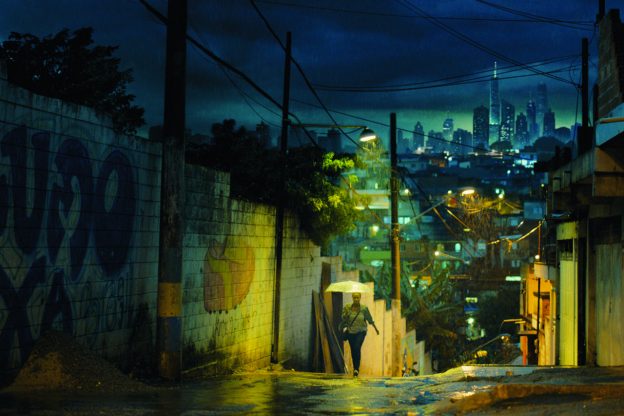





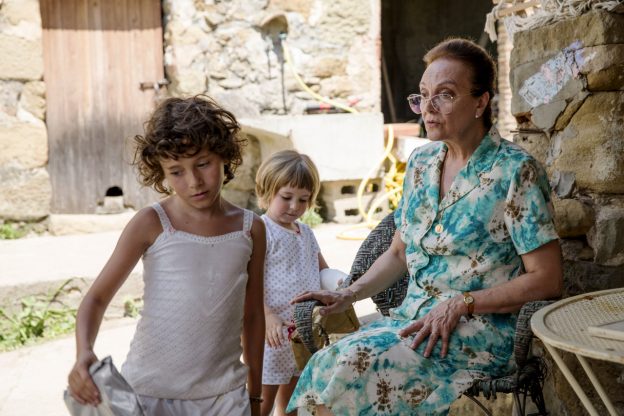
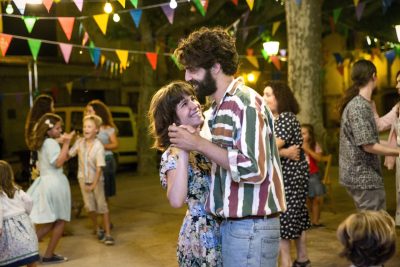
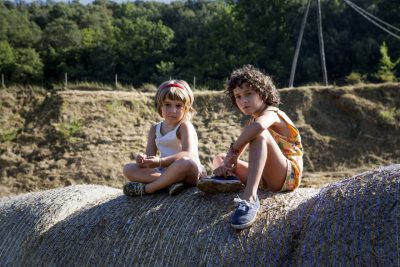


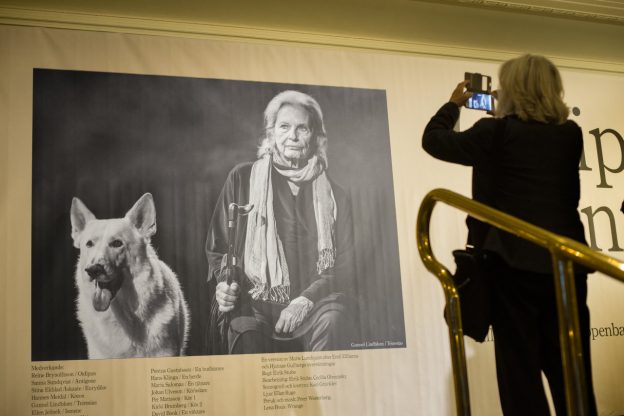



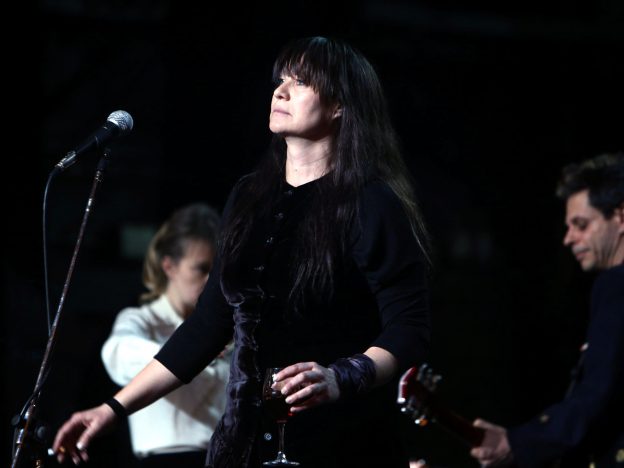



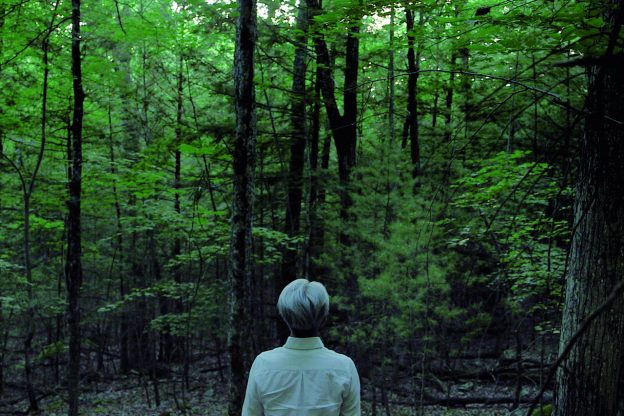





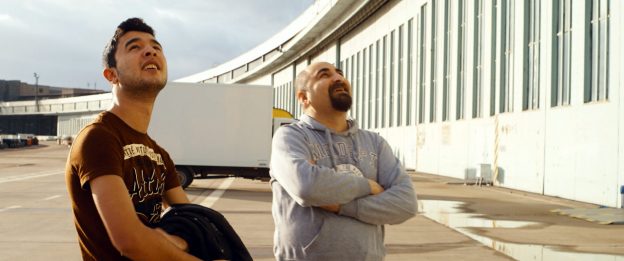



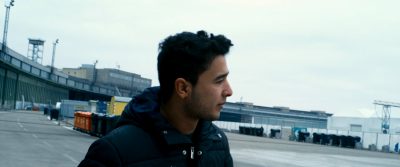










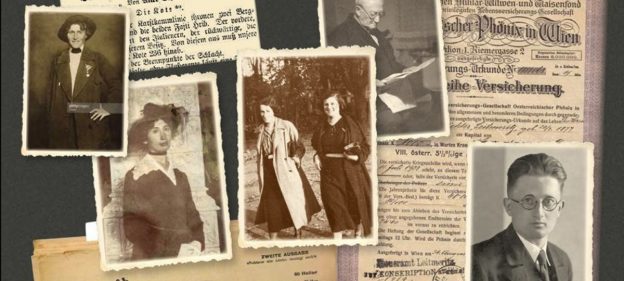
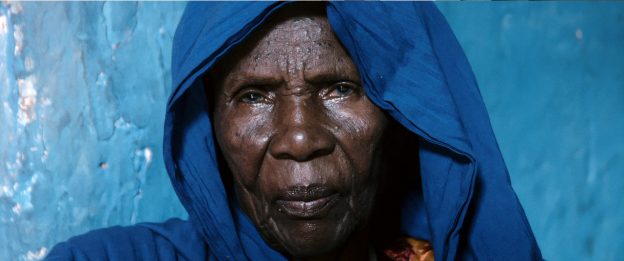
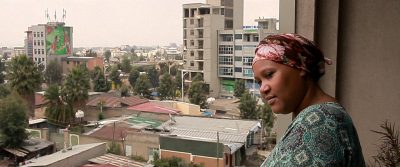

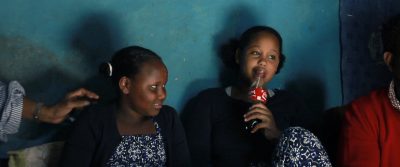

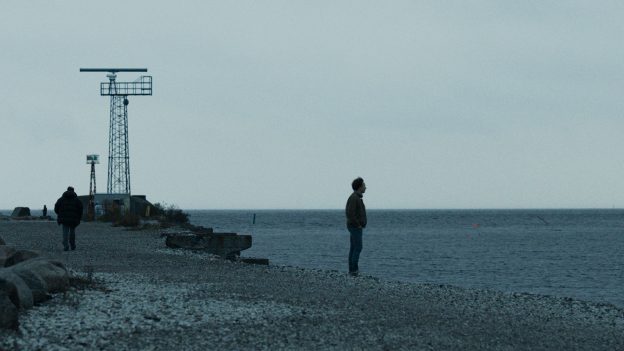

 Deutsch
Deutsch